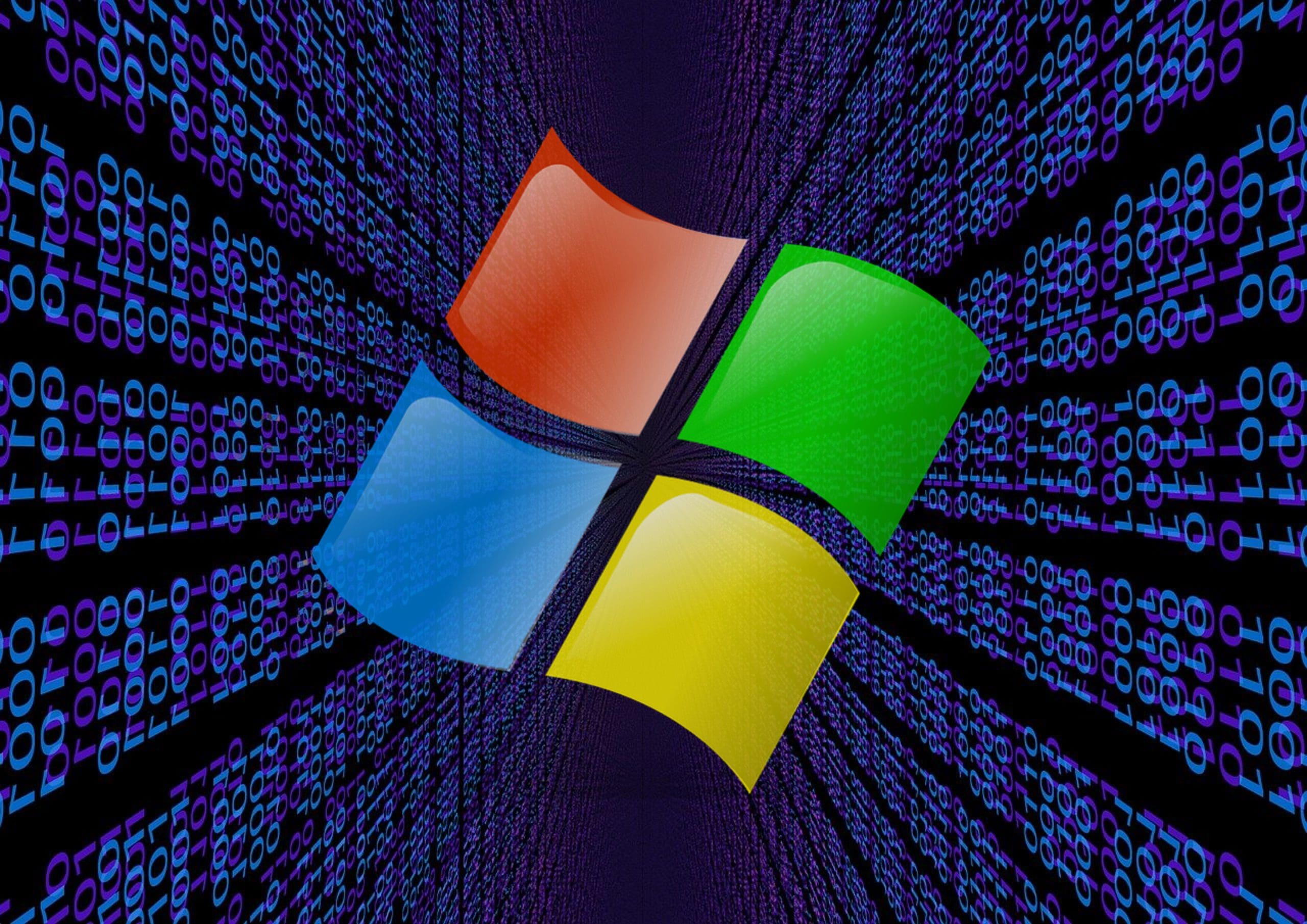This post is also available in:
 עברית (Hebrew)
עברית (Hebrew)
Tech giant Microsoft recognized the need for a fully secure AI system for handling sensitive intelligence data and created a “chatbot for spies” that operates without the internet. This development will allow intelligence agencies to securely use AI models to analyze top-secret data, develop codes, and more, without fear of breaches.
According to Interesting Engineering, most AI models depend on cloud services to deduce patterns from data and absorb the information, which means it could also appear to other users, limiting the spy agencies’ use of these models to deduce and understand classified information. However, such AI models could significantly accelerate this data analysis process.
William Chappell, Microsoft’s chief technology officer for strategic missions and technology stated: “This is the first time we’ve ever had an isolated version – when isolated means it’s not connected to the internet – and it’s on a special network that’s only accessible by the US government.”
Microsoft’s GPT4-based model runs in an “air-gapped” environment, meaning that it is “isolated from the internet” in order to avoid data breaches or hacking attempts, guaranteeing that the model is safe and unavailable to unauthorized users. This GPT4 model is also static, meaning it can read files without learning from them or accessing the open internet, keeping sensitive data from being absorbed into the platform.
Despite the CIA releasing a service similar to ChatGPT last year, it was meant for unclassified levels of information, and the intelligence community collectively demanded a solution that could handle significantly more sensitive data, which likely spurred the pursuit of more advanced and secure generative AI technologies.
Microsoft took 18 months to develop this system and was reportedly assisted by a modified AI supercomputer in Iowa. While the AI-based model has been activated, intelligence officials are currently rigorously testing and accrediting it. Once approved, this model will help analysts and operatives process vast amounts of classified information, majorly accelerating and bettering the process.


























